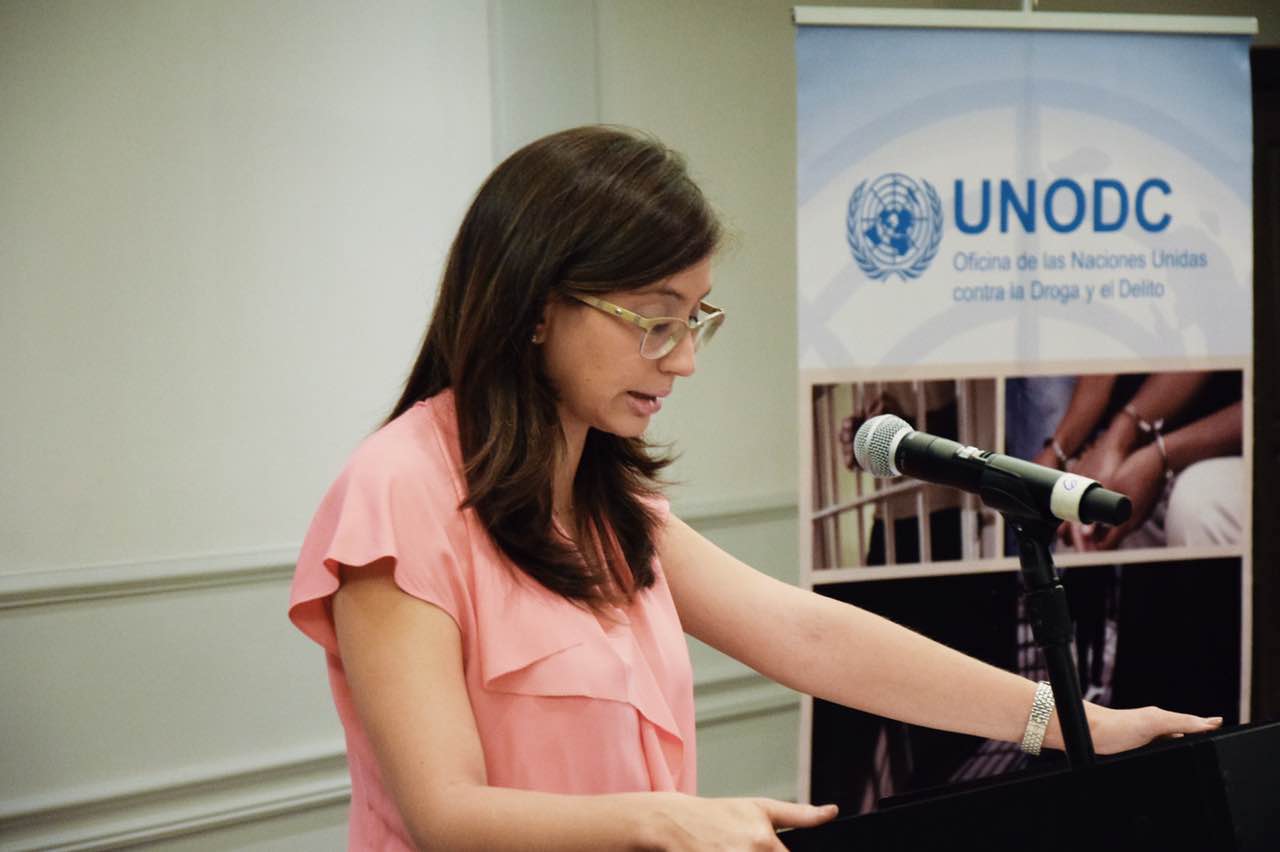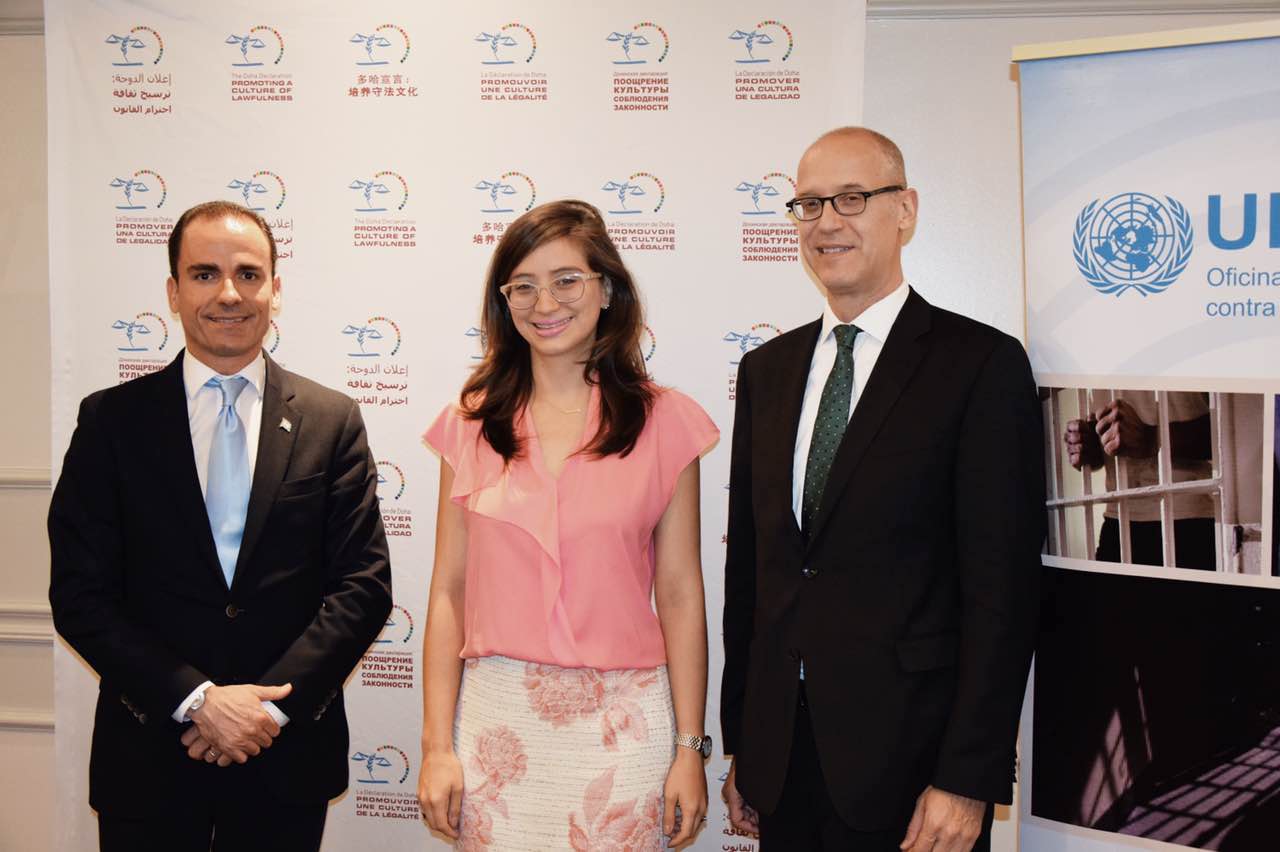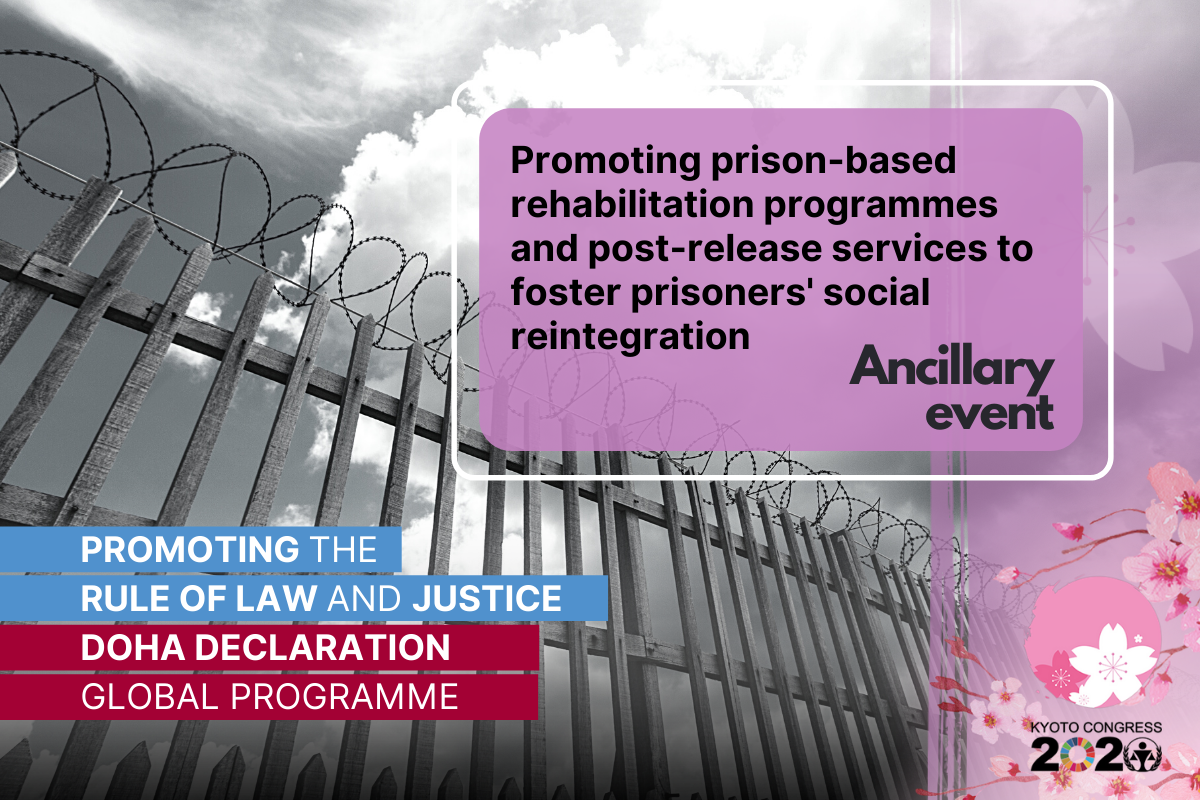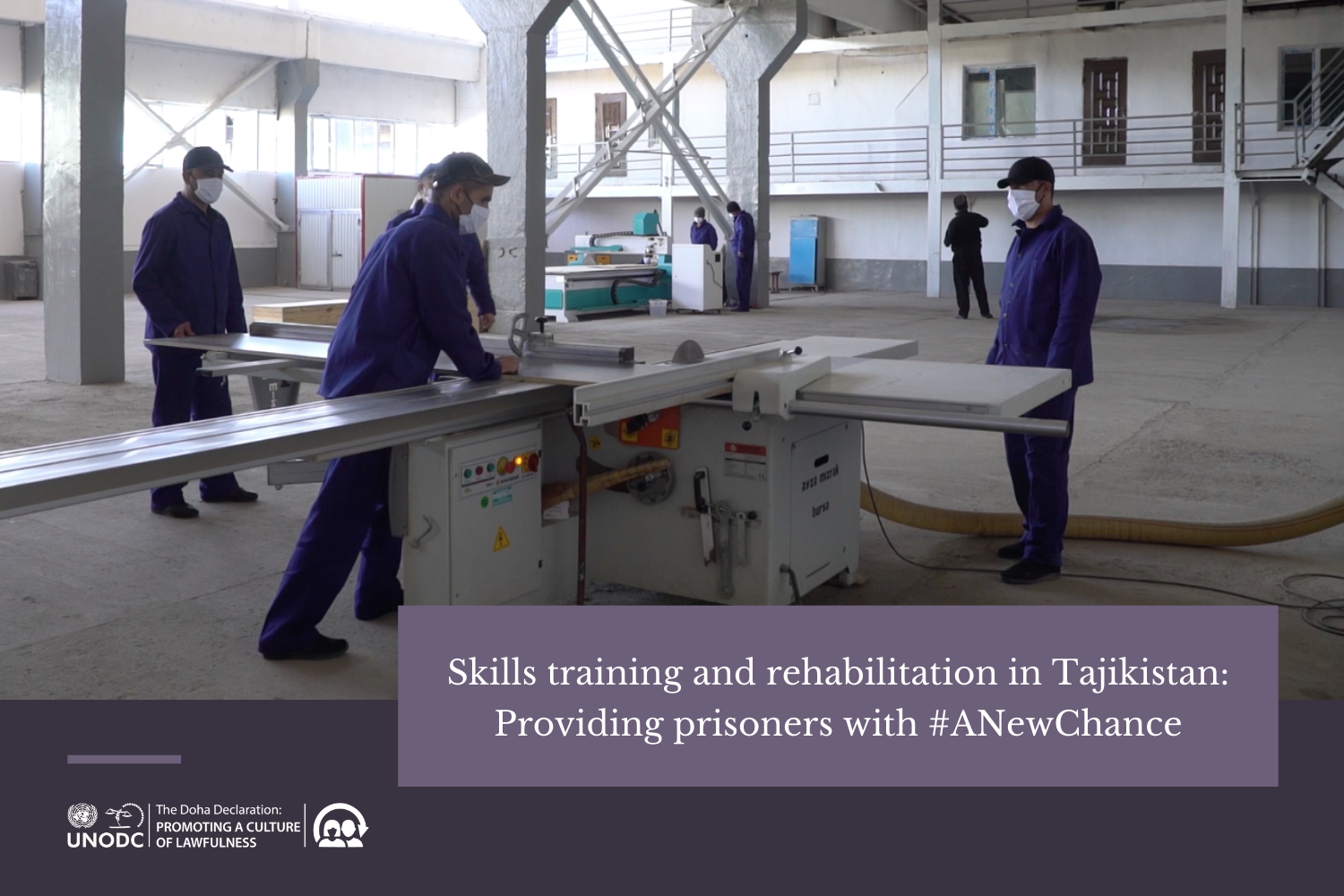Latin America meeting marks first move towards establishing UNODC-supported global brand of prison products
11 May 2017 - Developing a global brand of prison products moved a step closer to being realized this week with the bringing together of key prison administrators from across Latin America. Part of UNODC's Doha Declaration Global Programme, the event was organized to explore new and innovative approaches within the Latin American region which are being used to mitigate the social, economic and personal challenges faced by prisoners and reduce the risk of recidivism through rehabilitation. By identifying programmes which support prisoner's ability to lead self-sustained lives, the aim is to support the wider ideal of promoting a culture of lawfulness.
 The meeting, held in Panama City, was opened by Panama's Minister of Government, H.E. María Luisa Romero, who presented key experiences in implementing
IntregArte, a work programme currently active in four penitentiary centres in the country and which presently produces a wide range of products, including furniture, fashion and other arts and handicraft products. Since launching in 2016, more than 150 people in prison have benefitted from this initiative.
The meeting, held in Panama City, was opened by Panama's Minister of Government, H.E. María Luisa Romero, who presented key experiences in implementing
IntregArte, a work programme currently active in four penitentiary centres in the country and which presently produces a wide range of products, including furniture, fashion and other arts and handicraft products. Since launching in 2016, more than 150 people in prison have benefitted from this initiative.
The Minister also highlighted the critical role that work-related activities within prisons play for both prisoners and society, noting that rehabilitation provides an opportunity to develop skills, increase post-release employability and contribute to families and society. She further elaborated that by promoting products made by prisoners - such as through a specific brand - it provides an opportunity to showcase to society the type of productive work that prisoners can do if given the chance.
Attended by prison practitioners from Argentina, Bolivia, Brazil, Chile, Colombia, Costa Rica, Ecuador, EL Salvador, Panama, Paraguay, Peru and Uruguay, the meeting is a key step forward in determining a series of good practices and lessons within this area. Discussions held covered a range of essential topics which will ultimately feed into the global brand, including: experiences in developing and marketing prison brands; designing systems to incentivize prisoners to participate and benefit from work programmes; ensuring that work programmes in prisons are in line with international standards; experiences engaging the private sector, chambers of commerce, unions and relevant NGOs; as well as measuring the impact of work programmes on the access of prisoners to economic opportunities after release and reducing recidivism rates.
 Amado de Andrés, UNODC's Regional Representative for
Central America and the Caribbean, also spoke at the opening, stressing the leadership role of the region in developing prison-based work programmes and the marketing of them, including through public-private partnerships. With the idea of a global prison brand building on a number of successful, existing initiatives which have been carried out in assorted regions, the consultation provided an opportunity for different national prison administrations to share their experiences and feed into the UNODC-led global brand.
Amado de Andrés, UNODC's Regional Representative for
Central America and the Caribbean, also spoke at the opening, stressing the leadership role of the region in developing prison-based work programmes and the marketing of them, including through public-private partnerships. With the idea of a global prison brand building on a number of successful, existing initiatives which have been carried out in assorted regions, the consultation provided an opportunity for different national prison administrations to share their experiences and feed into the UNODC-led global brand.
Additional information:
Doha Declaration Global Programme
United Nations Standard Minimum Rules for the Treatment of Prisoners


